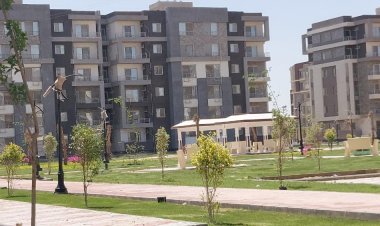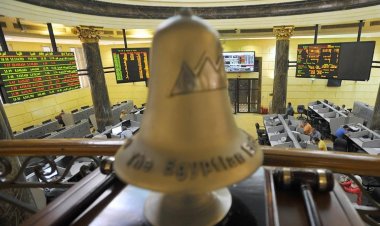The Gaza war inflicts "heavy" losses on Israel's economy, affecting all sectors
Costs of $600 million per week due to manpower shortages

More than a month after the Israeli war in the Gaza Strip, Benjamin Netanyahu's government has suffered heavy losses at the political, economic, legal and social levels, which prevents it from continuing its aggression for a longer period.
$50 billion
Israel's economic losses have hit all industrial, tourism and commercial sectors, in addition to the expected political fall of Netanyahu's government, and the lack of public confidence at home and internationally abroad after the false allegations against Palestine were revealed, and after the scenes of destruction, devastation and killing of civilians in the Gaza Strip.
The Israeli Ministry of Finance estimated Israel's losses in its war on the Gaza Strip at $50 billion, and they continue to rise, with the possibility of sliding into recession.
$7 billion
Dr. Imad Akoush, a Lebanese economic expert, said that the continuation of military operations in the Gaza Strip is greatly draining the Israeli economy, and in all economic sectors, starting with the tourism sector, which has almost completely stopped, after it was pumping $7 billion.
With the escalation of the war in Gaza, the Israeli economy is incurring costs of $600 million per week due to the shortage of manpower, according to the Central Bank of Israel.

Agricultural sector
Akoush explained that the agricultural sector also witnessed a significant decline, as a result of the cessation of this sector in the Gaza Strip and northern occupied Palestine at the border with Lebanon. These areas produce more than 80% of vegetables, and more than 40% of fruits, milk products and poultry, stressing the impact of the war on the industrial sector in Israel was greatly affected as a result of the call-up of more than 300,000 reservists, most of whom work in this sector.
These effects appeared significantly and were reflected in the deterioration of the price of the Israeli currency, which despite the significant intervention of the Israeli Central Bank exceeded 30 billion dollars, a decrease in the price of the shekel exceeded 7%, in addition to the large losses suffered by the Tel Aviv Stock Exchange, especially in the main index, where the loss exceeded $20 billion, and the huge loss in value of the five largest banks operating in the occupied territories, which exceeded $25 billion.
$600 million weekly
More than a month after the outbreak of war in Gaza, the Israeli economy began to witness a state of turmoil in all sectors, incurring huge costs amounting to $600 million per week, according to the Central Bank of Israel.
Calling up about 350 thousand soldiers
These costs result from the closure of many schools, the evacuation of about 144,000 workers from areas near the borders with Gaza and Lebanon, in addition to the call-up of about 350,000 reserve soldiers in the Israeli army to serve, representing 8% of the workforce.

work permits for thousands of Palestinian workers
Israel canceled work permits for thousands of Palestinian workers following the Hamas attacks on October 7, which led to a slowdown in the construction sector, which now suffers from a severe labor shortage.
It is currently seeking to replace up to 100,000 Palestinian workers in the construction sector with Indian workers, noting that Palestinian workers constitute about 25% of the human resources in the sector.
The war in Gaza cost Israel a budget deficit of about 23 billion shekels, equivalent to 6 billion dollars, in October, which represents an increase as a percentage of GDP to 2.6% from 1.5% in September.
Revenues decreased
According to the Israeli Ministry of Finance, revenues fell by 15% year-on-year last month due to tax deferrals.
Foreign reserves at the Central Bank of Israel also declined by more than $7 billion in October to support the shekel.
Israel's involvement in operations resulting from the escalation in Gaza more than two weeks ago prompted the Central Bank to reduce its forecast for economic growth to 2.3% during the current year, from 3% in previous forecasts.


 Shrouq
Shrouq 











